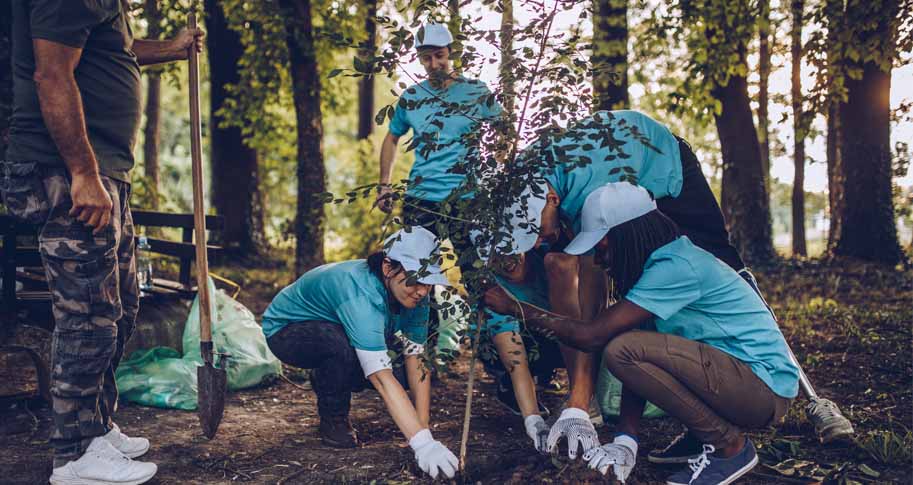
It’s been said that volunteers go unpaid not because they are worthless but because they are priceless. But that does not mean volunteering is without its rewards. Indeed, giving your time, energy, and skills to help others might be the most rewarding thing you ever do.
Winston Churchill, the former prime minister of the United Kingdom, put it this way in a speech more than a century ago: “Uncounted generations will trample heedlessly upon our tombs. What is the use of living, if it be not to strive for noble causes and to make this muddled world a better place for those who will live in it after we are gone.”
Scour the Internet and you’ll find reports from the U.S. government, nonprofits, academics, job search sites, and health care organizations like the Mayo Clinic and Providence Health that lists all sorts of rewards for volunteering.
Such as? Volunteering …
1. Improves your physical health.
2. Improves your mental health.
3. Gives you a sense of purpose.
4. Teaches you valuable technical and social skills.
5. Helps you create and cultivate relationships.
6. Strengthens your resume, making you a more attractive job candidate.
7. Teaches you empathy.
8. Improves your self-esteem.
9. Boosts your confidence.
10. Makes you happier.
Walt Rakowich, who built a career in commercial real estate that culminated in his role as CEO of the world’s largest warehouse company, once said that working “for free” was among the most important decisions he ever made.
“By saying yes to the right organizations, we grow as a person and as a leader,” he said. “That’s because our involvement in work outside of our normal work strengthens our sense of empathy and selflessness and makes us better leaders. It gives us joy we can’t find in a paycheck, and it leads to an impact we can never fully measure.”
College students might agree but still feel the temptation to put off volunteerism until after graduation. And then until after they start a business or work their way up a few rungs in the corporate ladder. And then until after they start a family. And then until after their kids grow up. And then …
The research, however, backs the anecdotal evidence of leaders such as Rakowich: The sooner you start volunteering, the sooner you will reap the benefits.
The Center for Community Engagement and its Volunteer Action Center are great places for University of Arkansas students to start. And organizations such as GivePulse and VolunteerMatch help connect volunteers with organizations in need.
If you still aren’t sure what to do, follow the advice of William “Squire Bill” Widener. He lived much of his life in Widener Valley, Virginia, where he was a miller, millwright, soldier, teacher, Sunday School superintendent, justice of the peace and spiritual advisor. It was Squire Bill who told his friend Theodore Roosevelt this simple formula for helping others: “Do what you can, with what you've got, where you are.” If you follow that advice, odds are good the rewards will be priceless.






